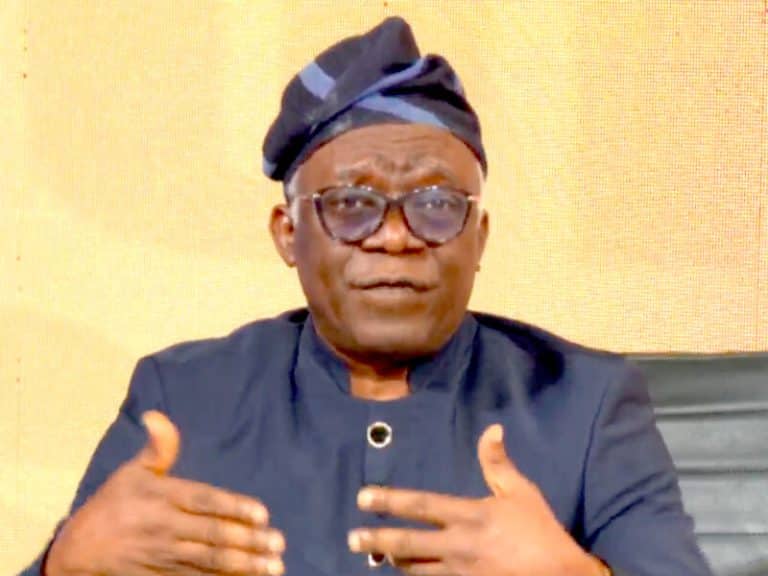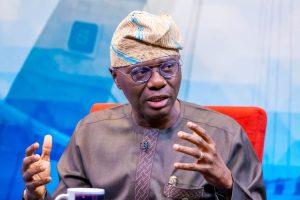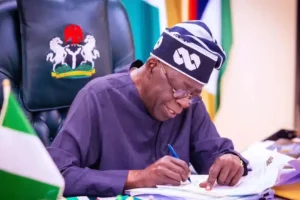
Human rights lawyer and Senior Advocate of Nigeria, Femi Falana, has faulted the recent one-term presidency pledge made by former Labour Party presidential candidate, Peter Obi.
Obi, who recently reaffirmed his vow to serve for only four years if elected President in 2027, argued that he does not need more than a single term to reposition Nigeria. Citing leaders such as Abraham Lincoln, John F.
Kennedy, and Nelson Mandela as examples of transformative figures who left lasting legacies within short tenures, Obi maintained that effective leadership is not dependent on time but on vision and execution.
However, Falana has described the pledge as insufficient. Speaking in an interview on Channels Television, he stated that simply promising to stay in office for four years does not address the core challenges facing the country.
According to him, “It is not just enough to say I will be in power for four years or eight years. The real question is: what do you want to do within that period?”
He emphasized the need for visionary leadership that prioritizes governance, policy consultation, and meaningful engagement with the citizenry.
Falana further admonished current leaders to focus more on the responsibilities of governance and to avoid arbitrary decision-making.
He stated, “As for those who are in power, you have a greater responsibility to concentrate on governance and consult with the people regarding your policies, so that no one wakes up one morning and decides to rename streets or impose sudden reforms without public input.”
Meanwhile, the Presidency has also reacted to Obi’s statement, with Bayo Onanuga, the Special Adviser to President Bola Ahmed Tinubu on Information and Strategy, issuing a rebuttal.
In a statement titled “Peter Obi and His Wrong Examples,” Onanuga argued that Obi misrepresented history by comparing his one-term pledge to the legacies of Lincoln, Kennedy, and Mandela. He noted that the historical contexts of those leaders were different and not directly applicable to Nigeria’s democratic experience.
The debate around the one-term promise has reignited conversations about leadership, accountability, and the expectations Nigerians hold for those seeking the highest office in the land.
While Obi continues to position himself as a reformer focused on results over duration, critics like Falana insist that substance must accompany such pledges if they are to inspire confidence and support among the electorate.




